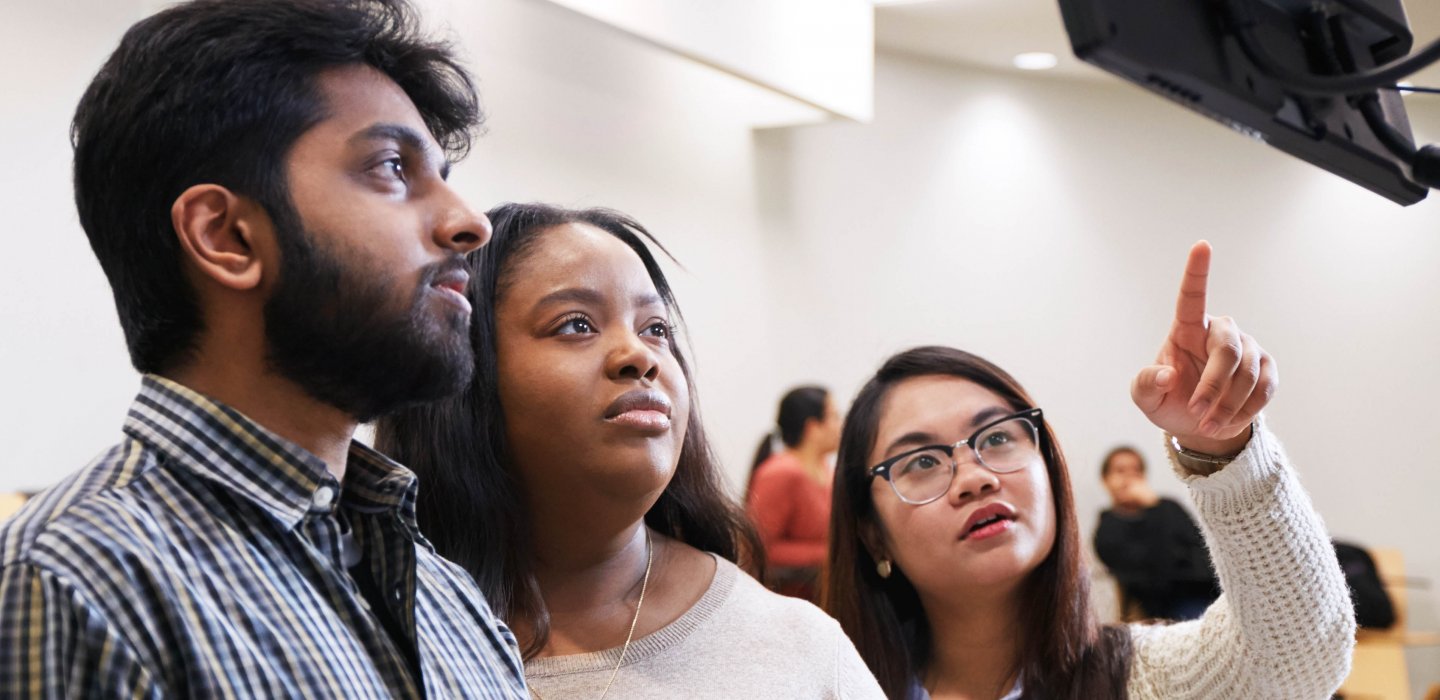Our students are the centre of the experience for us in the B²C Lab. Working together first-hand with a principal investigator and an industry partner students learn new skills in working with the ATSC 3.0 standard as well as convergence research with other global data delivery standards such as WiFi and 5G. Tasks for students are multi-disciplinary, and can include creating television and datacasting (IoT) applications, RF engineering, wireless communications, network solutions, web development coding, creative content creation, software engineering, conformance testing, and specific research areas driven through industry innovation. The experience can bring benefits that can lead to exciting new 'greenfield' career opportunities with the new 3.0 standard.
Participation in ATSC
The Advanced Television Systems Committee, Inc. (ATSC) is an international, non-profit organization and standards development organization (SDO) developing voluntary standards for digital television. The ATSC member organizations represent the broadcast, broadcast equipment, motion picture, consumer electronics, computer, cable, satellite, and semiconductor industries. ATSC is defining the future of television with the ATSC 3.0 next-generation broadcast standard (atsc.org). ATSC's mission is to create and foster implementation of voluntary standards and recommended practices to advance terrestrial digital television broadcasting, and to facilitate interoperability with other media.
Humber’s membership with ATSC allows the College to have representatives participate in the various ATSC planning, specialty and implementation teams to support their research and develop critical industry marketplace skills. The B²C Lab staff and research teams actively participate in the ATSC standards development. Students working in the lab as research assistants are also able to actively engage in the standards development process and see how professional groups of people organize, work, filter information and see how consensus is reached by an inter-disciplinary group.
Standards development is a team sport and understanding how a group gets things done is a great skill. Through ATSC participation, students gain unique experience in developing strategies for promoting ideas within a professional group and are able to observe group leaders in action and learn which strategies work well and which don’t for facilitating alignment towards a common goal. Students can also learn from industry experts as they discuss the possibilities and ramifications of new technologies, including technical and commercial facets of a decision.
